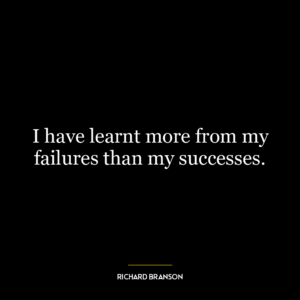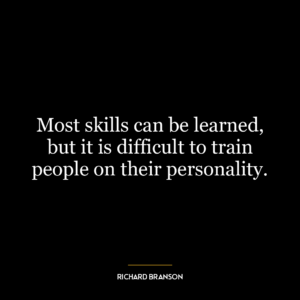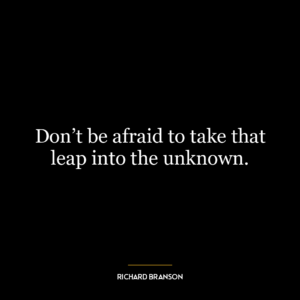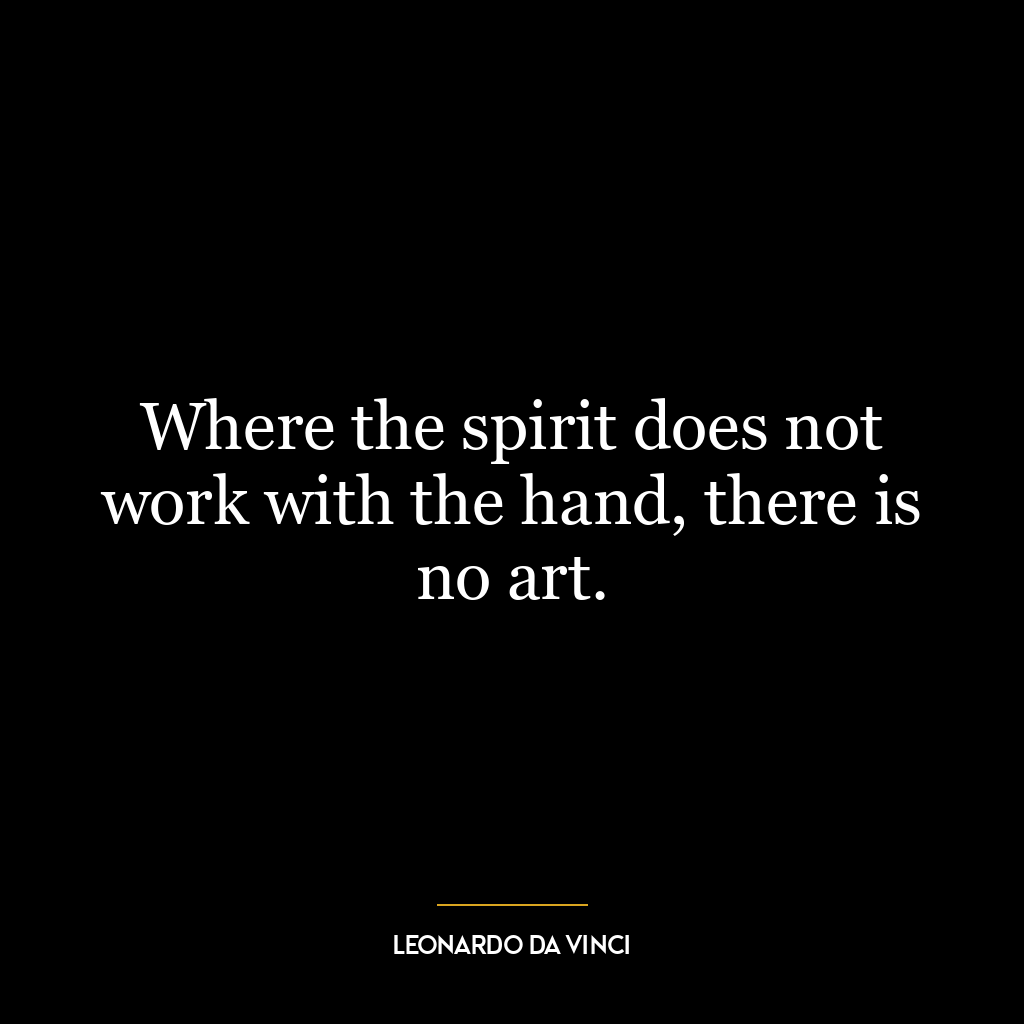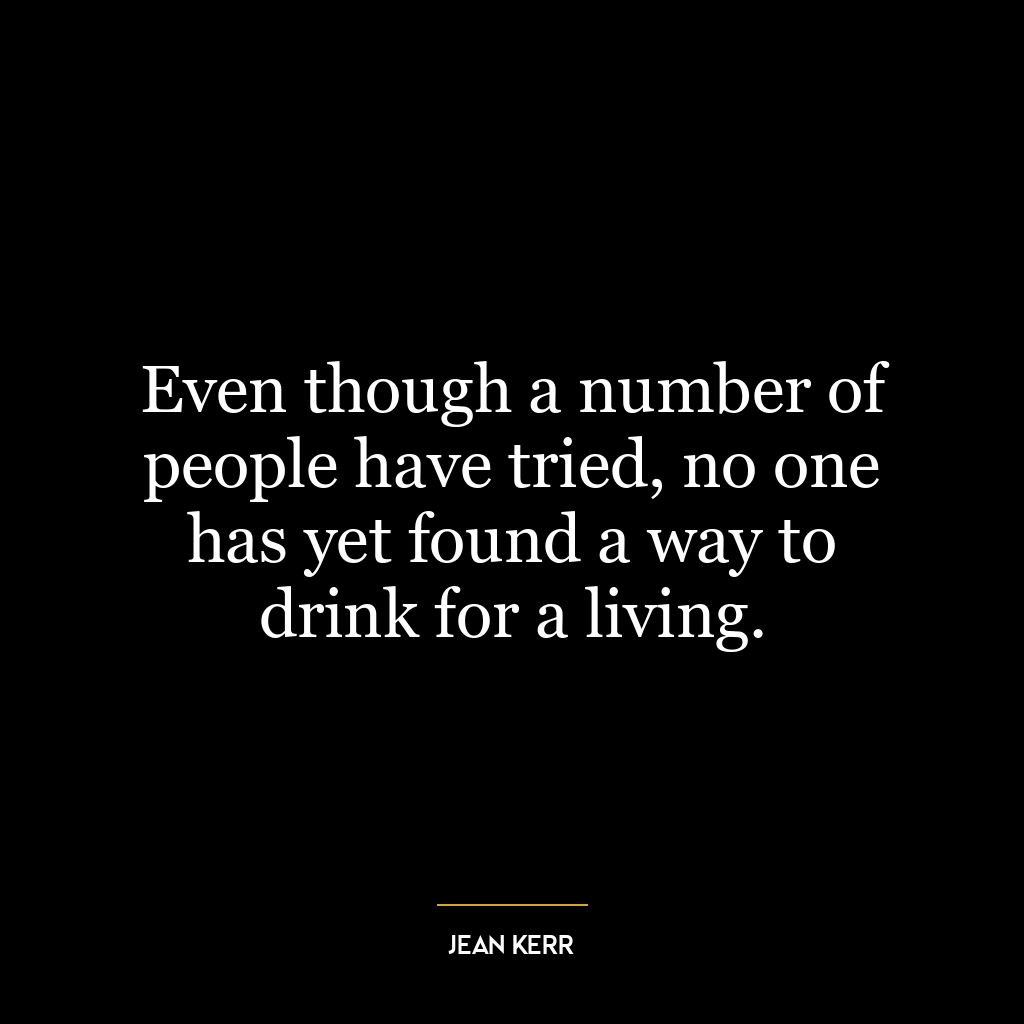I don’t think of work as work and play as play. It’s all living.
This quote conveys the idea that the traditional boundaries between ‘work’ and ‘play’ are not necessarily fixed or even beneficial. Instead, it suggests that both can be seen as integral parts of life – ‘living’ as the quote puts it. This perspective challenges the common conception of work as a necessary but often unenjoyable activity that we must endure in order to earn the free time in which we can do what we really enjoy. This quote proposes a more integrated approach, where work and play are not diametrically opposed but are both part of the rich tapestry of life.
The quote can be seen as advocating for passion and enjoyment in all aspects of life, including work. If we find joy, purpose, and fulfillment in what we do for a living, then the lines between work and play naturally blur. This is not about eradicating the concept of leisure time, but rather about not seeing work as simply a means to an end.
In the context of today’s world, this quote is particularly relevant. With the rise of flexible working hours, remote work, and the gig economy, the traditional 9-5 work structure is becoming less prevalent. People are increasingly seeking work that aligns with their passions and values, and that offers a sense of purpose beyond just a paycheck.
In terms of personal development, this perspective encourages us to seek work that we love and find meaningful. It’s about recognizing that our time spent working is a significant part of our life and therefore should contribute positively to our overall life experience. It suggests that we should not compartmentalize our lives into ‘work’ and ‘play’, but rather seek to find joy and fulfillment in all our activities. This could mean turning a passion or hobby into a career, or simply finding ways to make our current work more enjoyable and rewarding.




